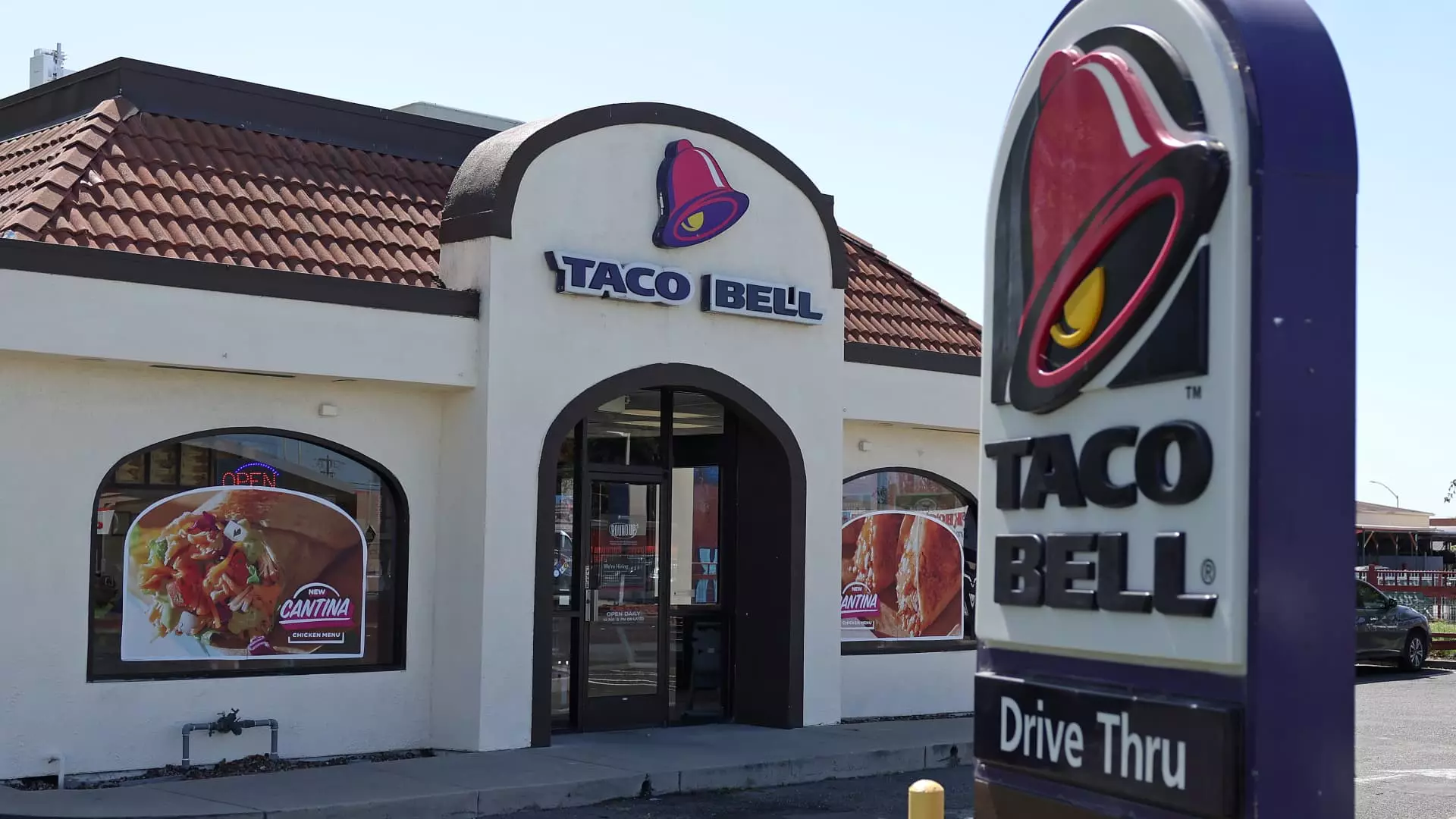The recent E. coli outbreak linked to McDonald’s has raised concerns in the fast-food industry, prompting some chains like Taco Bell, KFC, and Pizza Hut, all operated by Yum Brands, to take precautionary measures. As health authorities work to identify the source of the contamination, Yum Brands has proactively pulled fresh onions from select locations, reflecting a sense of urgency to prioritize customer safety over operational efficiency. This situation underscores the fragility of the food supply chain and the repercussions that foodborne illnesses can have on multiple players in the industry.
The issue began to unfold when U.S. Foods, a major restaurant supplier, issued a recall for onions supplied by Taylor Farms, although it remains uncertain if this recall was the catalyst for Yum Brands’ decision. Notably, U.S. Foods does not supply McDonald’s with onions, and in a twist that complicates matters, McDonald’s has refrained from naming Taylor Farms as a supplier. This sort of ambiguity can create confusion and uncertainty among consumers, and highlights the challenges faced by large food chains in tracing and managing their supply chains to ensure safety.
The ongoing investigations have raised questions regarding the adequacy of current food safety protocols. Regulatory bodies and health authorities are taking a closer look at how ingredients are sourced and processed, especially given that E. coli has led to one confirmed death and nearly five dozen infected individuals across ten states. The fact that specific ingredients like fresh beef patties and slivered onions have emerged as potential culprits serves as a reminder of the need for stringent safety measures throughout the entire food preparation process.
As brands like McDonald’s and Yum Brands scramble to manage the fallout, one of the most troubling aspects is the potential erosion of consumer trust. The fast-food sector relies heavily on its reputation for quick, convenient, and safe meals. When outbreaks like this occur, they not only impact the immediate operational landscape but can also have long-lasting effects on consumer behavior. There is a risk that customers may shy away from these establishments, fearing contamination, which could lead to decreased revenue and a longer recovery time.
Effective communication becomes crucial during such crises. McDonald’s and other affected chains must ensure transparency regarding their efforts to identify the source of the E. coli bacteria and the measures being implemented to rectify the situation. For Yum Brands, the proactive decision to remove onions is a significant step in restoring customer confidence, but the brand must continue to communicate clearly about its food safety practices and supplier reliability.
As the investigation continues, it’s clear that the repercussions of this outbreak will linger. Fast-food chains must not only resolve the immediate issue but also take a comprehensive look at their supply chains and safety protocols. Collaborative efforts with suppliers, regulators, and health authorities are essential to reinforce food safety standards. Ultimately, the path forward demands a commitment to holistic food safety practices in order to restore consumer trust and ensure the well-being of all patrons. The lessons learned from this unfortunate event could pave the way towards a more resilient and safer food service industry in the future.

